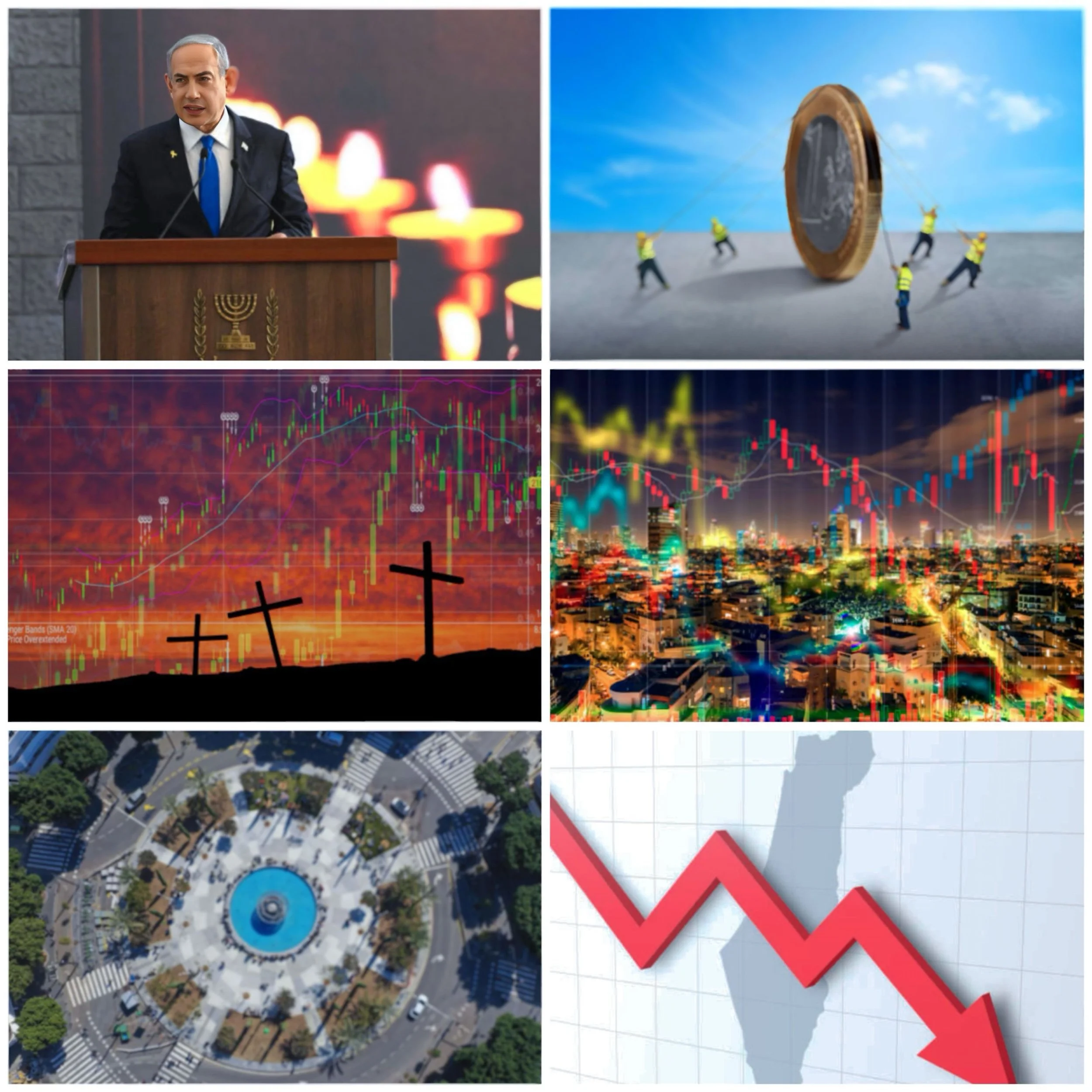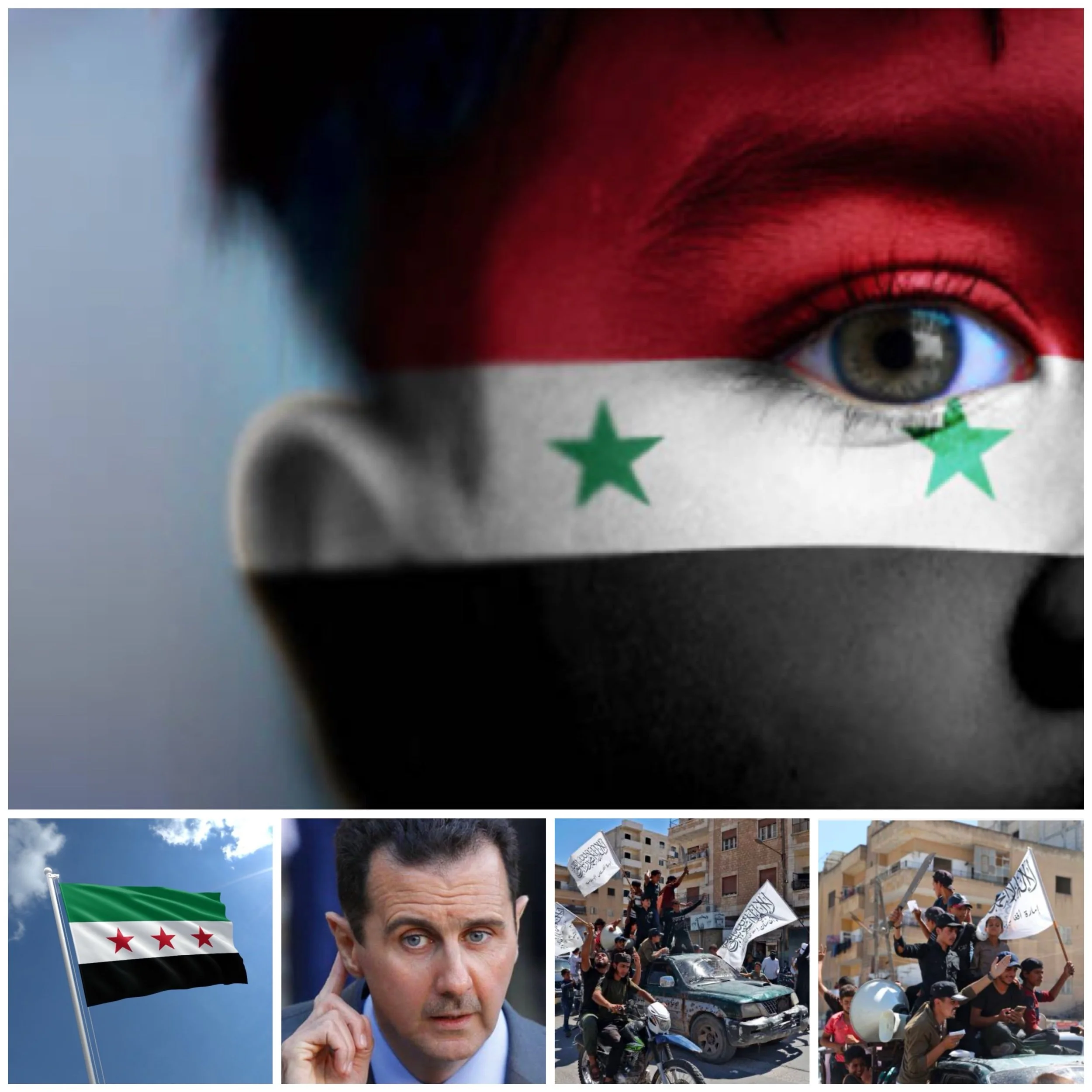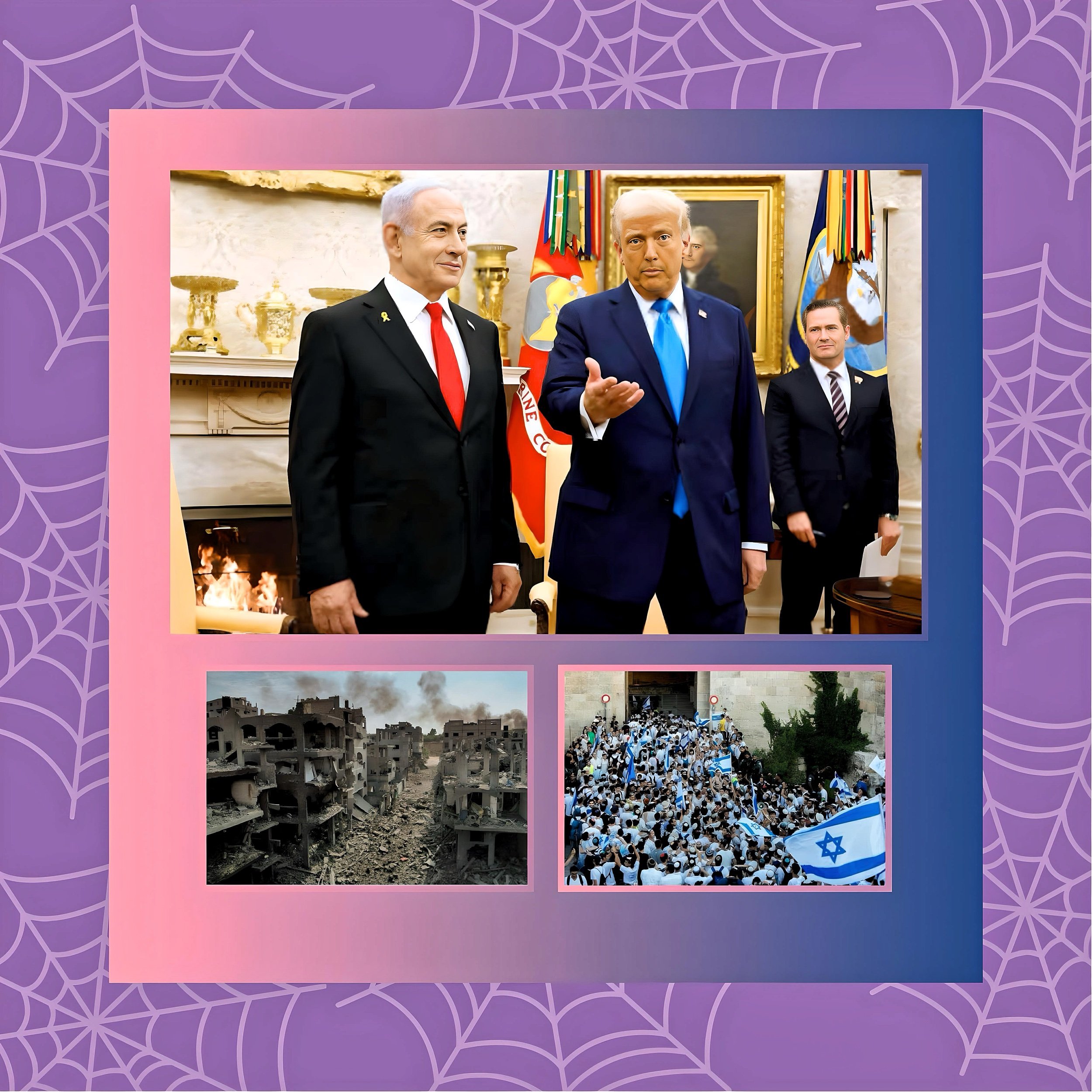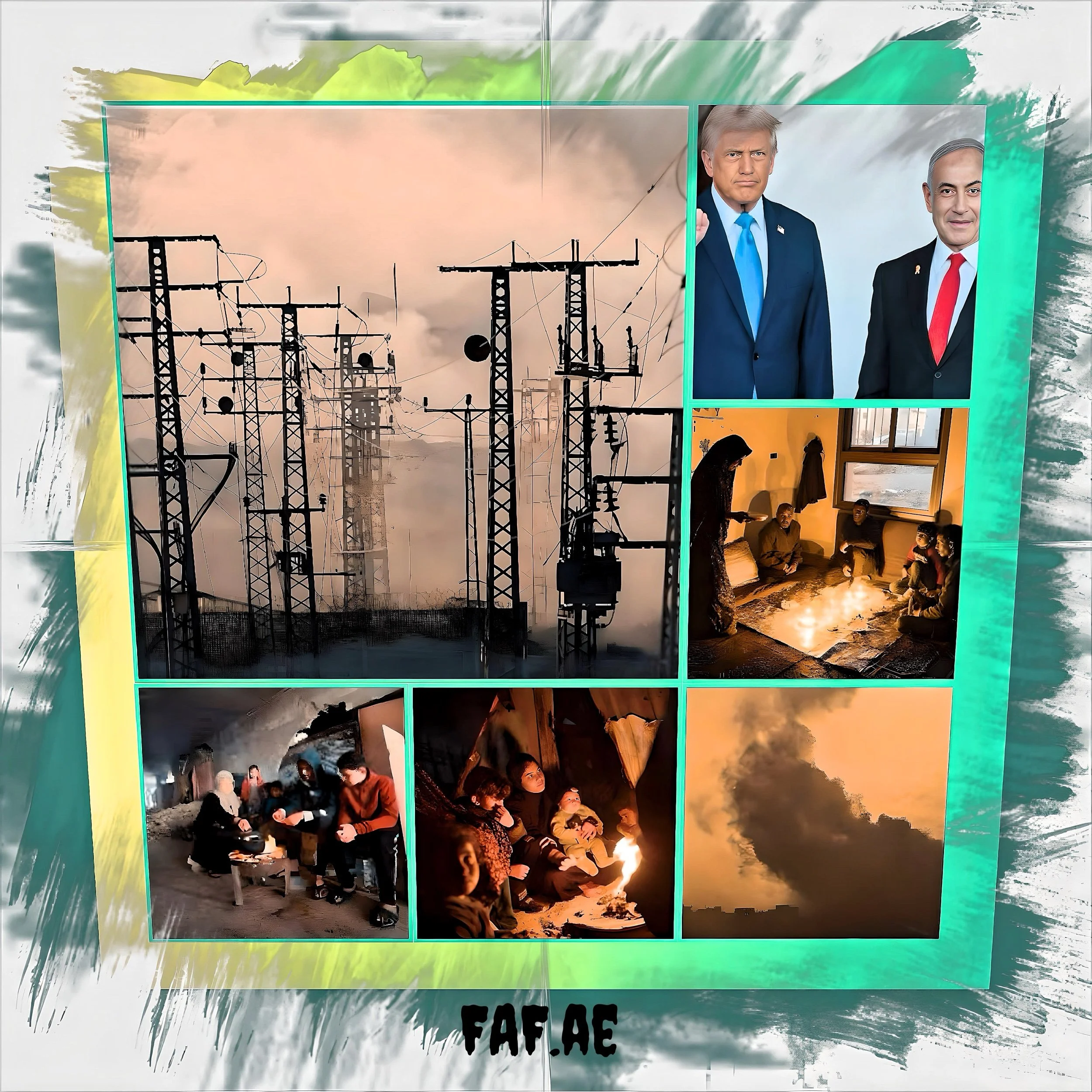What has Gaza and Lebanon war costed Israel economically and politically
Introduction
The Gaza and Lebanon war has had significant economic and political costs for Israel over the past six months. Here’s an overview of the major impacts:
Economic Costs
GDP Contraction
Israel’s economy shrank by 20% in the fourth quarter of 2023 due to labor shortages and military mobilization.
For the full year 2023, economic growth slowed to 2%, down from 6.5% in the previous year.
Sectoral Impact
Private consumption declined by 26.9%.
Business investment plummeted by 67.8%.
Exports decreased by 18.3%.
Tourism revenue losses are estimated at 18.7 billion shekels ($4.9 billion).
Government Spending and Deficit
The war is costing Israel approximately $600 million per week, or about 6% of weekly GDP.
Daily direct costs of the Gaza war are about $246 million.
The budget deficit has doubled to 8% of GDP.
Military expenditures rose by 93% in the last quarter of 2023 compared to the same period in the previous year.
Long-term Projections
The Bank of Israel estimates war-related costs from 2023 to 2025 could amount to $55.6 billion.
The economic toll may cost Israel an estimated $400 billion in lost economic activity over the next decade.
Political Costs
Domestic Political Landscape
Prime Minister Netanyahu’s approval ratings have plummeted, with only 27% of Israelis considering him the best person to run the government in early November.
If elections were held, Netanyahu’s bloc would lose seats in the Israeli parliament.
71% of Israelis believe Netanyahu should resign immediately or after the war ends.
International Relations
The crisis has strained Israel’s normalization efforts with Arab neighbors.
There’s been a noticeable divergence between U.S. and Israeli perspectives on the conclusion of military operations.
Previously unconditional support from the United States and European states appears to be waning.
Regional Destabilization
The conflict risks expanding to involve additional players, particularly in Lebanon.
Escalated hostilities by Iran-backed militant groups have been observed.
Public Opinion and Protests
Protesters are demanding new elections and direct action to ensure the release of hostages.
There’s growing opposition to a ground operation in Rafah, with many demonstrators arguing for prioritizing hostage release through a cease-fire agreement.
Conclusion
The war has not only inflicted severe economic damage on Israel but has also created significant political challenges both domestically and internationally. The prolonged conflict continues to shape Israel’s economic outlook and political landscape, with potential long-term consequences for the country’s stability and international standing.






